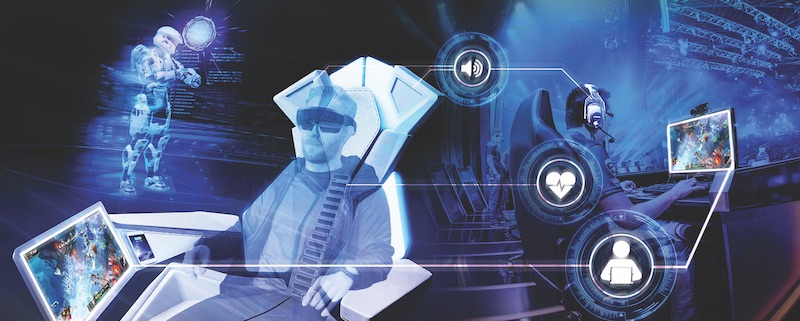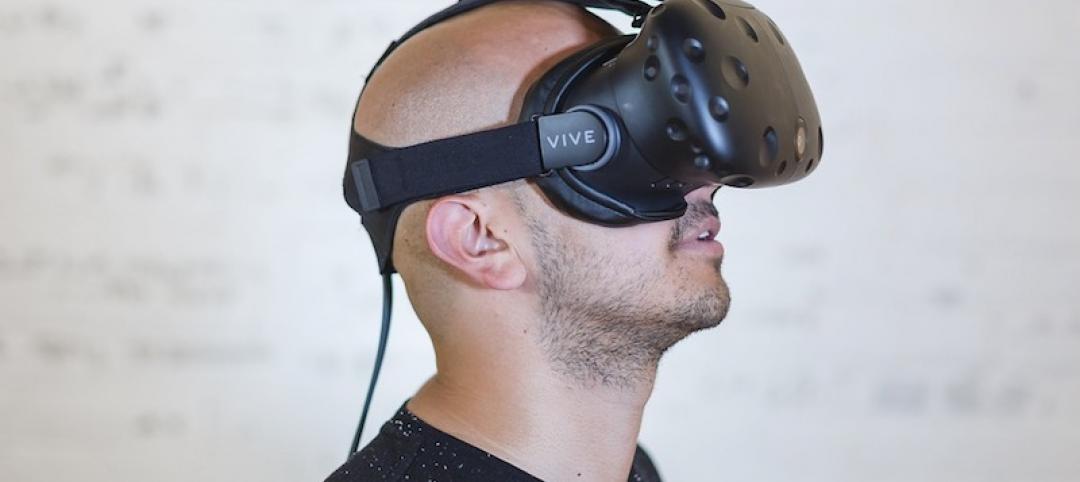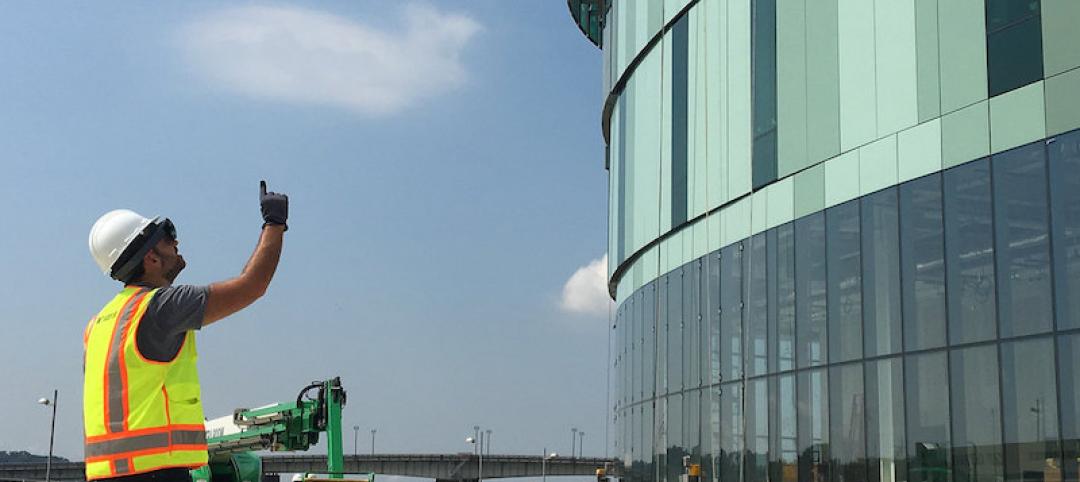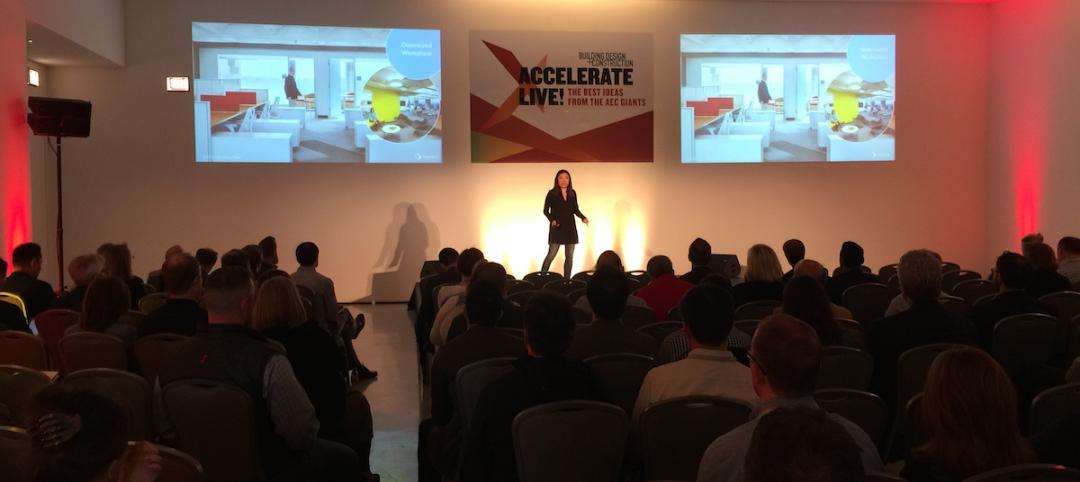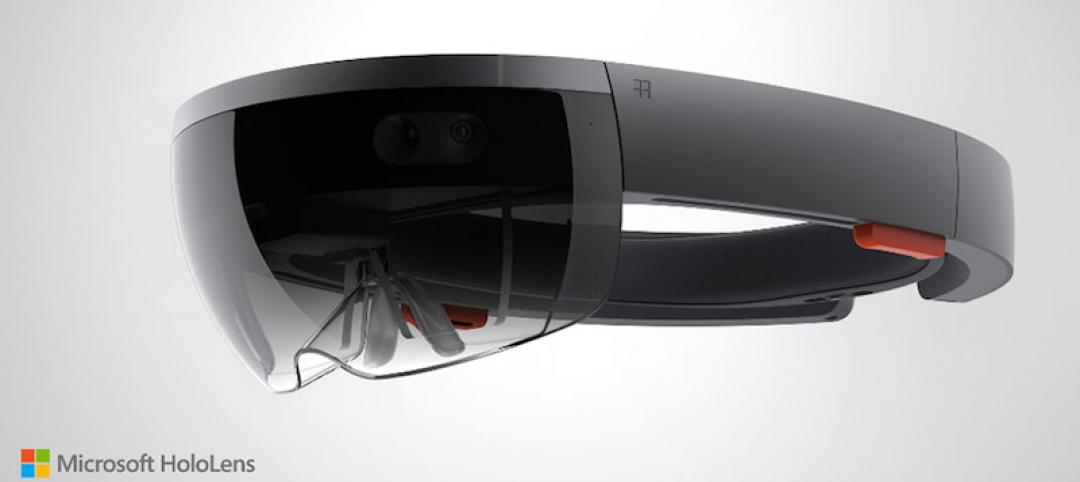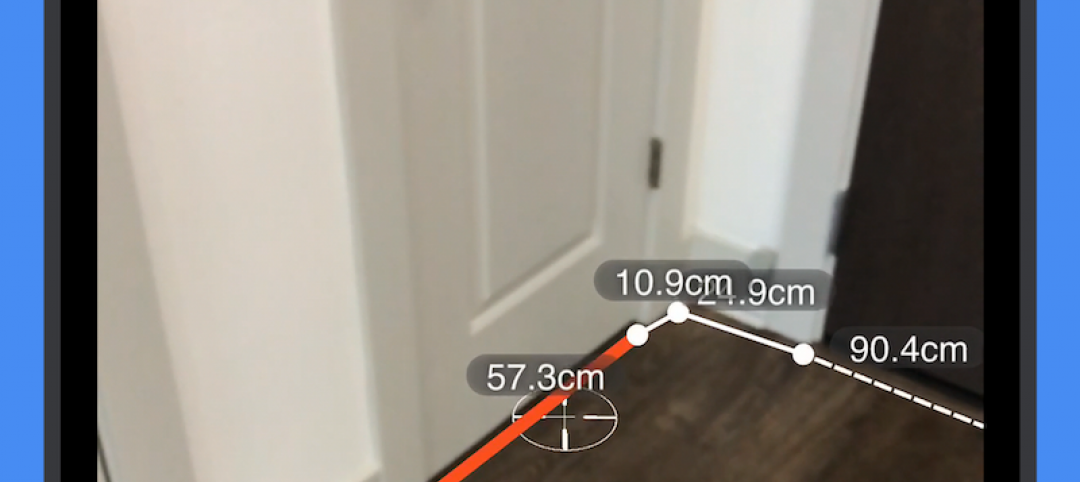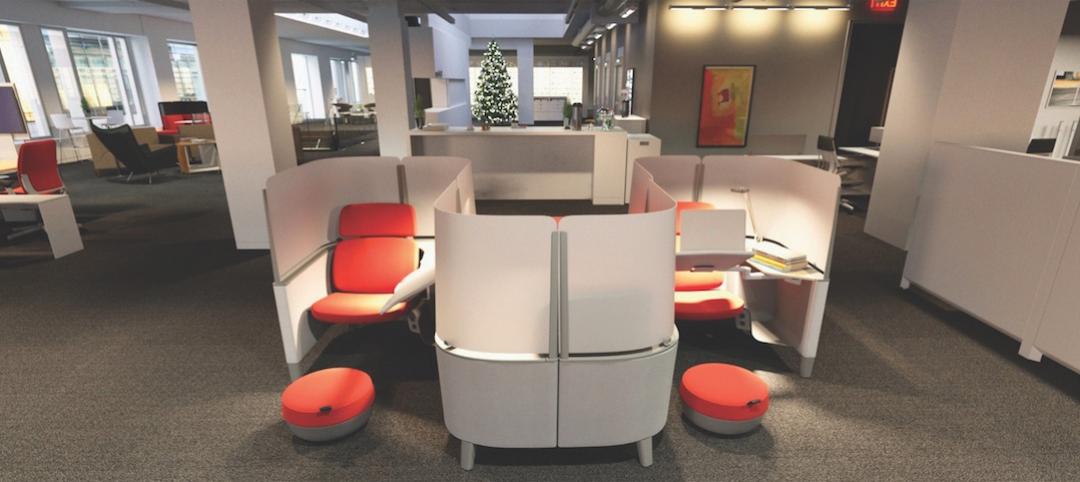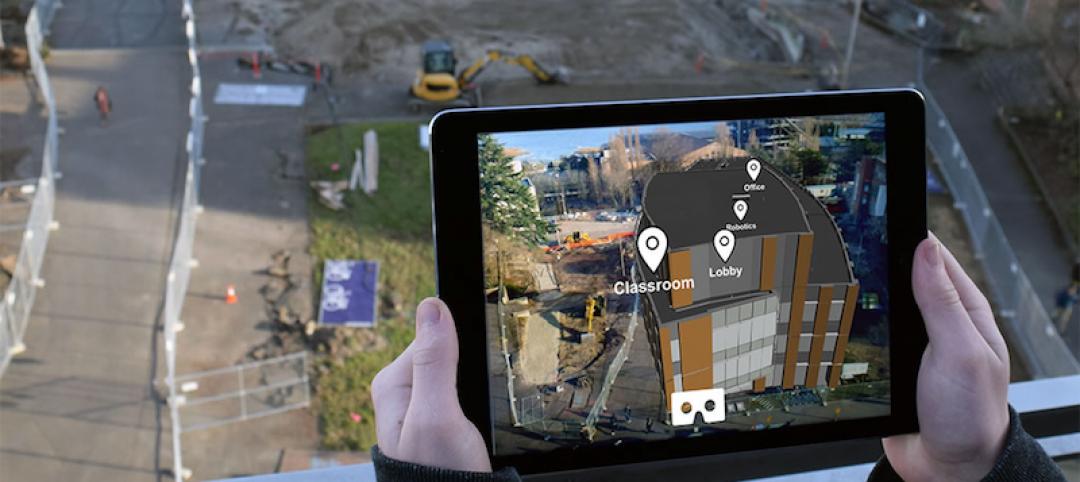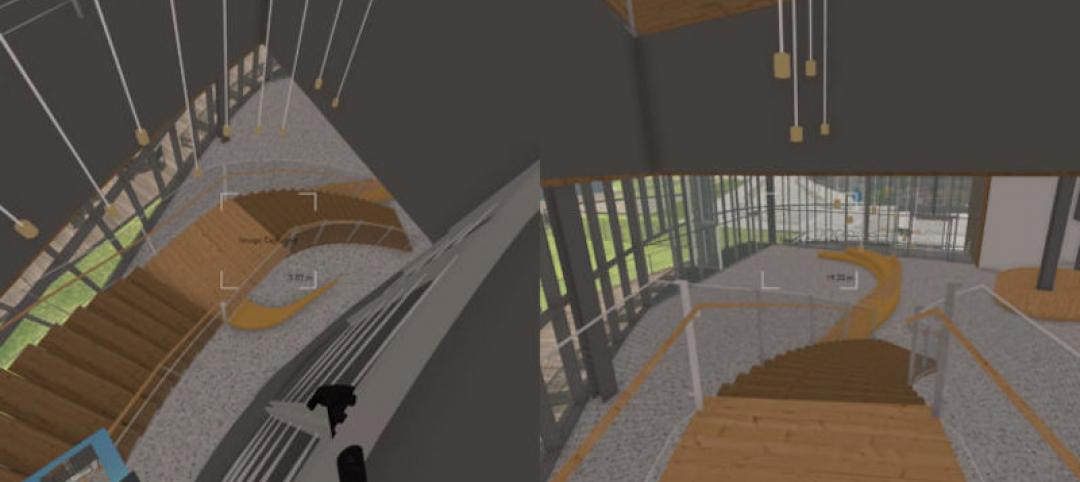Regardless of the sport, luxury box seats and seats in close proximity to the field of play always command the highest ticket prices. But when it comes to the increasingly popular field of competitive gaming, or eSports, the model for a premium seat needs to be rethought. The action is happening in a digital world on screens, so fans don’t care about their proximity to the main stage.
Luxury boxes don’t have the same appeal either. “In many of the events now, they don’t even utilize the suites because there isn’t enough demand,” says Brian Mirakian, Senior Principal with Populous and Director of the firm’s fan experience design practice, Populous Activate. “They’ll actually use the suites for the teams and families that are flying in from all over the world.”
ALSO READ: Gamers paradise: The rise of eSports Arenas
The key to this new type of premium seat for the eSports world is immersion. In order to get fans to pay up, the experience needs to immerse the user into the actual competition.
Populous is exploring biometric seating technology that utilizes a combination of displays and AR/VR technologies to place fans in the action. The seats are equipped with speakers that provide a direct link into a given team’s insider communications during a match. An environmental haptic system registers the competitors’ heart rate during competitive play, and a data analysis console feeds important stats in real-time. The seats feature other neat gadgets, like a biometrics analyzer and temperature-controlled seating panels.
The goal of these high-tech seating pods is to offer an experience that cannot be attained anywhere else. They blur the line between the real world and the gaming world, and make fans feel as though they are not just entering an eSports arena, but an entirely new digital world, one where they are shoulder to shoulder with the world’s best gamers.
Related Stories
Augmented Reality | Nov 2, 2018
Savannah College of Art and Design offers new four-year degree in Immersive Reality
The program began its first year with the fall 2018 semester.
Augmented Reality | Oct 29, 2018
AR is indispensable to design and construction
Using AR, vital construction data can be transferred instantaneously from the design model to the augmented reality overlay.
Accelerate Live! | Jun 24, 2018
Watch all 19 Accelerate Live! talks on demand
BD+C’s second annual Accelerate Live! AEC innovation conference (May 10, 2018, Chicago) featured talks on AI for construction scheduling, regenerative design, the micro-buildings movement, post-occupancy evaluation, predictive visual data analytics, digital fabrication, and more. Take in all 19 talks on demand.
| May 30, 2018
Accelerate Live! talk: Seven technologies that restore glory to the master builder
In this 15-minute talk at BD+C’s Accelerate Live! conference (May 10, 2018, Chicago), AEC technophile Rohit Arora outlines emerging innovations that are poised to transform how we design and build structures in the near future.
Augmented Reality | May 30, 2018
HoloLens used as wayfinding device to guide blind people through complex buildings
Neither training nor modification of the physical environment are required to use the system.
| May 24, 2018
Accelerate Live! talk: The rise of multi-user virtual reality
In this 15-minute talk at BD+C’s Accelerate Live! conference (May 10, 2018, Chicago), two of CannonDesign's tech leaders present their early findings from pilot testing multi-user VR technology for AEC project coordination.
Augmented Reality | Nov 13, 2017
New iPhone app uses augmented reality to digitize the home dimensioning process
The app requires iOS 11 and is compatible with iPhone 6S and newer models.
Augmented Reality | Nov 6, 2017
Three VR + AR innovations to watch
From heat mapping to VR-based meetings, check out this trio of virtual and augmented reality applications for AEC teams.
Augmented Reality | Jul 19, 2017
Mortenson develops AR app for community engagement during construction of UW computer science building
The $105 million project in Seattle is the latest example of the firm’s commitment to virtual and augmented reality tools.
Virtual Reality | Jun 28, 2017
Virtually real design
Viewing a building design in virtual reality (VR) allows contributors to better relate to the experience of viewing a detailed physical model, rather than two-dimensional renderings or animations.


